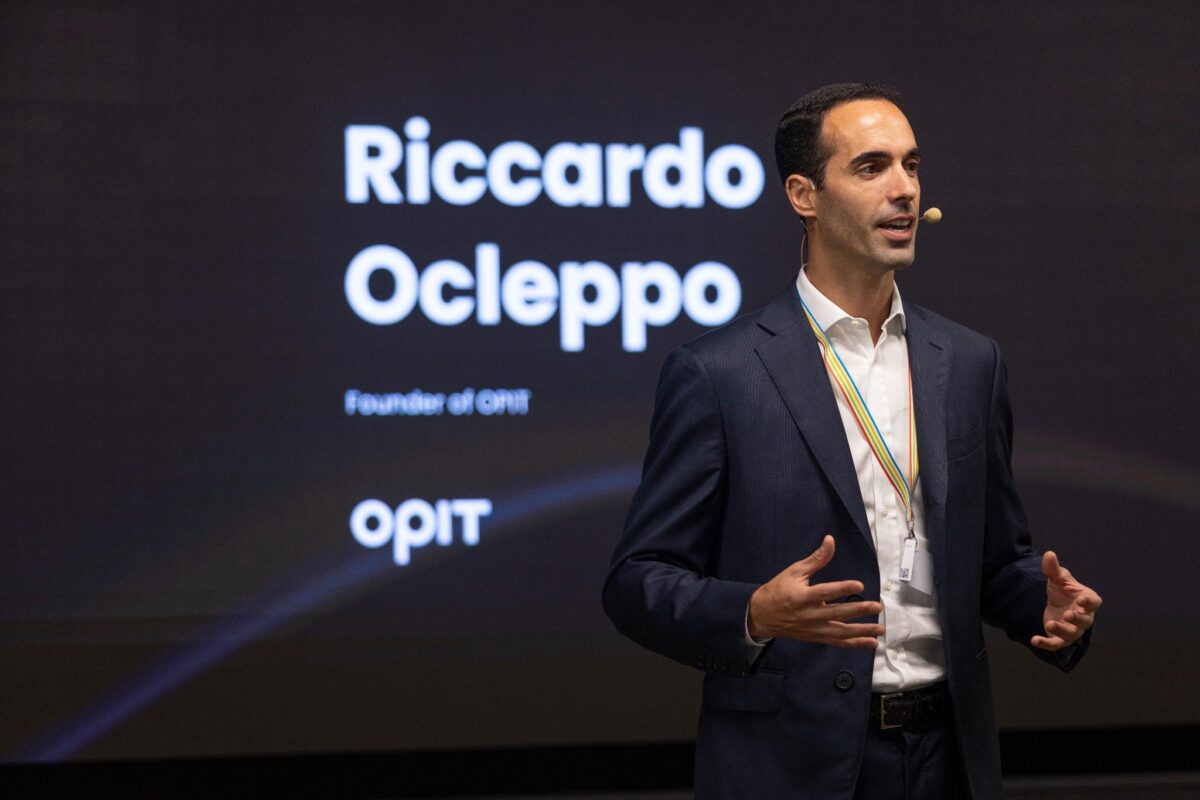Upskilling Won’t Cut It: AI Requires a Revolution in Learning and Mindset

We are witnessing the rise of a new elite—those who have mastered AI tools like ChatGPT. These individuals are gaining far more than technical skills; they are acquiring a powerful form of economic and social capital, leaving others far behind. Yet, the conversation around AI education is fundamentally flawed. Upskilling and digital literacy are often hailed as the solution, but these measures barely scratch the surface. True empowerment in the AI era requires more than new skills—it demands a seismic shift in mindset, learning, and how we approach problem-solving.
A Power Shift, Not Just a Skills Gap
This new elite class of individuals are not just skilled but empowered to innovate, solve complex problems, and navigate uncharted territories independently. Those who are mastering AI tools like ChatGPT are gaining far more than technical know-how; they are acquiring a new type of strategic leverage and influence that provides them with unique and unparalleled opportunities. They can innovate faster, solve problems more creatively, and navigate complexities that leave others behind. Meanwhile, those who cannot keep up are being left out, not just of the job market but of new opportunities to shape their futures.
The true challenge lies in change management and in reshaping how we think and learn. The problem isn’t just a lack of skills—it’s that our educational and corporate institutions have conditioned people to operate within rigid frameworks. The institutionalisation of thinking means many are ill-equipped to forge their own paths, especially when confronted with the freedom and complexity of tools like ChatGPT, which have no predefined route to success. It’s not just about knowing what AI is; it’s about understanding how to integrate AI into every aspect of problem-solving and decision-making.
Beyond Digital Literacy: The Need for a Mindset Revolution
The idea that basic upskilling or exposure to AI will suddenly transform individuals into capable, creative problem-solvers is dangerously simplistic. Real empowerment demands a change management approach that fosters a new mindset: one that encourages experimentation, critical thinking, and adaptability. AI tools do not come with a manual—they require users to learn through practice, develop advanced prompting skills, and utilise AI to enhance their approach to challenges, turning insights into action. This is a creative revolution, not a training module.
We need to move away from viewing AI as just another skill to be added to a resume and instead see it as a transformative force that demands a complete overhaul of how we educate, train, and think. This includes the creation of more user-accessible AI interfaces that guide and support rather than overwhelm, and new educational models that prioritise autonomy and lifelong learning over rote memorisation and passive absorption.
Call to Action
The path forward requires a fundamental rethinking of how we approach AI and its integration into our lives and societies. This is not merely about introducing more digital skills or encouraging AI literacy; it’s about equipping individuals with the mindset, resilience, and adaptability needed to harness AI’s full potential. Governments, educational institutions, and businesses must recognise the urgency of this shift. They need to create inclusive ecosystems that go beyond conventional training, fostering environments where experimentation, critical thinking, and independent problem-solving are the norms.
We must also address the broader structural and psychological barriers that prevent people from fully engaging with AI. This involves investing in change management that empowers individuals to break free from rigid thinking patterns and outdated learning models. Collaboration across sectors is essential, with a focus on providing accessible, practical, and scalable AI education that doesn’t just inform but transforms.
This is not just an educational challenge; it is a societal imperative. If we fail to address these deeper issues, we risk creating a world divided not just by wealth or opportunity but by cognitive capacity and technological fluency. The real task ahead is to democratise access to AI’s benefits and ensure that everyone has the chance to participate in this new era of innovation and problem-solving. Now is the time for coordinated, ambitious action that prioritises not just skill development but a wholesale shift in how we think, learn, and apply technology to the challenges of tomorrow.
By Richard Foster-Fletcher, Executive Chair of MKAI











Responses